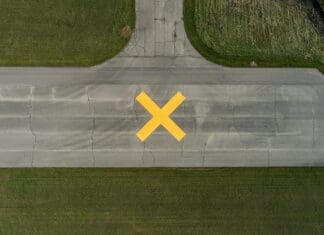This post is also available in:
 עברית (Hebrew)
עברית (Hebrew)
Boeing is trying to make the most of India’s PM Modi’s “Made in India” initiative as it seeks collaboration in UAS projects with several Indian companies. Previously, Boeing had announced a joint venture with Tata Advanced Systems, an Indian aerospace and defense manufacturer.
Boeing is offering a small and long-endurance unmanned aerial vehicle, which can provide images and live video feed on land or at sea, named ScanEagle. It has an endurance of over 24 hours and can climb 15,000 feet as well as function in low altitudes.
It can be launched autonomously by a catapult launcher. It flies preprogrammed and operator-initiated missions and its retrieval is via patented SkyHook recovery system. The system is in operation with US Navy and several navies across the world.
The Indian Armed Forces have a huge requirement of UAS for different missions, as the Indian Navy not only has to secure and protect the over 7,500 km coastline, but also has to patrol the Indian Ocean Region.
“We’re working with different companies, meeting with some of the larger ones that we typically expect, but we are also interested in small to medium scale industries,” said Brad Jeisman, senior business development manager of Insitu Pacific.
Insitu Pacific, a wholly-owned subsidiary of Boeing, is known to build UAS, apart from Remotely Piloted Aircraft Systems (RPAS), Unattended Ground Sensors (UGS) and Unmanned Ground Vehicles (UGVs). It is known to supply them to Australia and other Asia-Pacific countries.
Meanwhile, according to ibtimes.co.in, Boeing and Mahindra Defence Systems recently announced the opening of a centre in Gurgaon to provide C-17 training services to the Indian Air Force (IAF). This centre is capable of undertaking local and multi-site simulations, boosting training and realism.


























